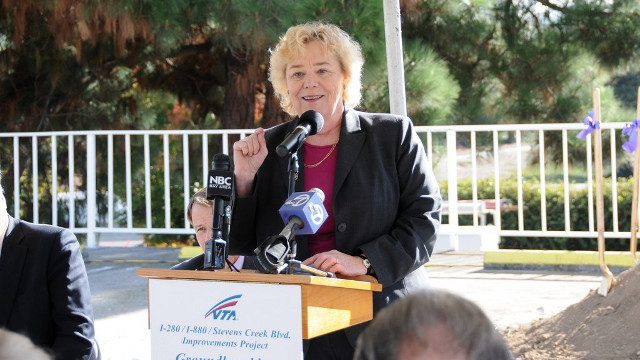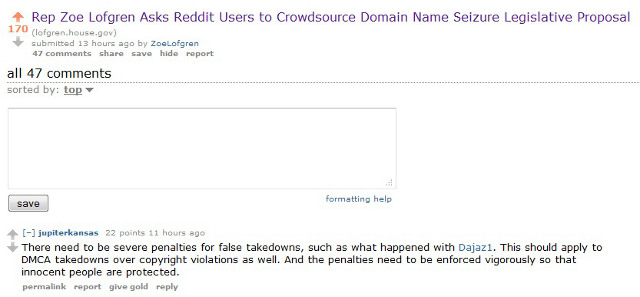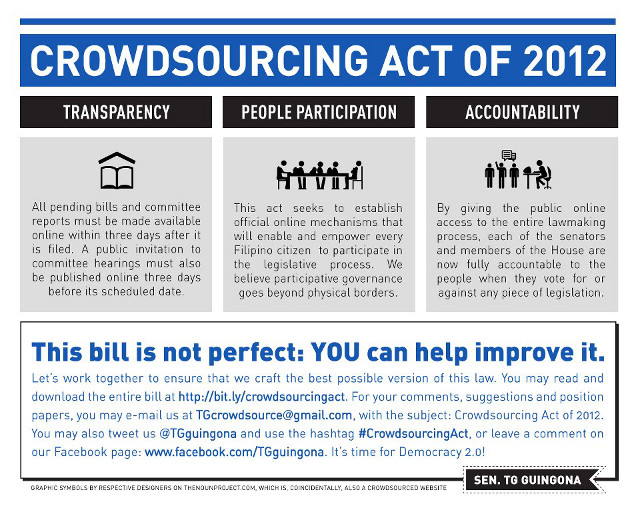SUMMARY
This is AI generated summarization, which may have errors. For context, always refer to the full article.

MANILA, Philippines – On Tuesday, November 20 (Philippine time), Zoe Lofgren, a congresswoman representing the 16th district of California, went onto social news site Reddit to ask the Internet-going public some important questions that could help shape the future of legislation for domain name seizures.
More than half a day after the post went live, less than 50 comments, some of which were from Lofgren’s account, dotted the thread.
It would seem that approximately 9 hours before Lofgren’s post on Reddit, one of many threads announcing the initiative, as opposed to Lofgren’s own post, became the hub for ideas regarding future legislation.
While the discussion on Lofgren’s post itself was fruitful enough, with ideas of substance providing additional food for thought, the actual turnout and immediate attention paid to the post was overshadowed by its announcement.

The hurdle of Redditing
On Reddit, finding the right place to post your thread and putting down the right words to announce who you are and what you want to accomplish are just as important as the content of what you’re saying. This is the main hurdle of using Reddit, and no matter how authoritative you are in a given field, Reddit’s users will not actively pay attention if you don’t know how the culture works.
In the case of Rep Lofgren’s attempt, there were a couple of hurdles that were not overcome.
First, the politics subreddit may be accurate for news, but it also manages to pull a new set of posts frequently, making long-term visibility very difficult.
Second, the wording of her thread title, “Rep Zoe Lofgren Asks Reddit Users to Crowdsource Domain Name Seizure Legislative Proposal,” was also similar to a large number of links pointing to the announcement.
Lastly, there was little to be done to differentiate this post, making it look like an attempt to steal attention from the main announcement thread.
Only when people began to notice and point users away from the announcement and onto the actual discussion thread did more attention get placed on the thread.
Iceland’s example
This isn’t the first time an attempt to gather people online to create legislation has been done, but this may be the first time the trials of such a maneuver have made themselves starkly visible, as previous attempts to allow for nation-building to be more open and inclusive have met with more traction.
One instance of crowdsourced nation-building occurred in Iceland, when the citizens helped draft the constitution by submitting ideas online.
The people of Iceland, in addition to providing amendments and ideas for the draft, voted on the crowdsourced constitution’s approval for submission to the Icelandic parliament. The referendum result: 66% of the voters on the referendum wanted the crowdsourced draft to be their future constitution. The final step, getting the parliament to make it binding, is on the table for Spring 2013. 
In the Philippine context, Sen Teofisto “T.G.” Guingona III has a similar initiative to help in the Philippine nation-building process.
Senate Bill 3300, otherwise known as the Crowdsourcing Act of 2012, would make it possible for citizens to help in lawmaking by chiming in on everything from the bill’s filing, to debates, to the approval process. Even more notable is that the bill draft was put up on Scribd for people to look at and download, and then comment on through Guinona’s Facebook page.
The end result? More than 1600 Facebook likes and 237 comments were made, supporting or otherwise providing opinions on the Crowdsourcing Act.
We’re at the stage in the technological cycle when a new advancement can create a new paradigm for the way good governance can be made.
While politicians and policy makers around the world are still working out the kinks in the involvement of the wisdom of the crowd on the laws that shape life experiences, it’s up to the citizenry to take notice, to point out the opportunity for change and to act on the chances they get to shape their future. – Rappler.com
Add a comment
How does this make you feel?
There are no comments yet. Add your comment to start the conversation.